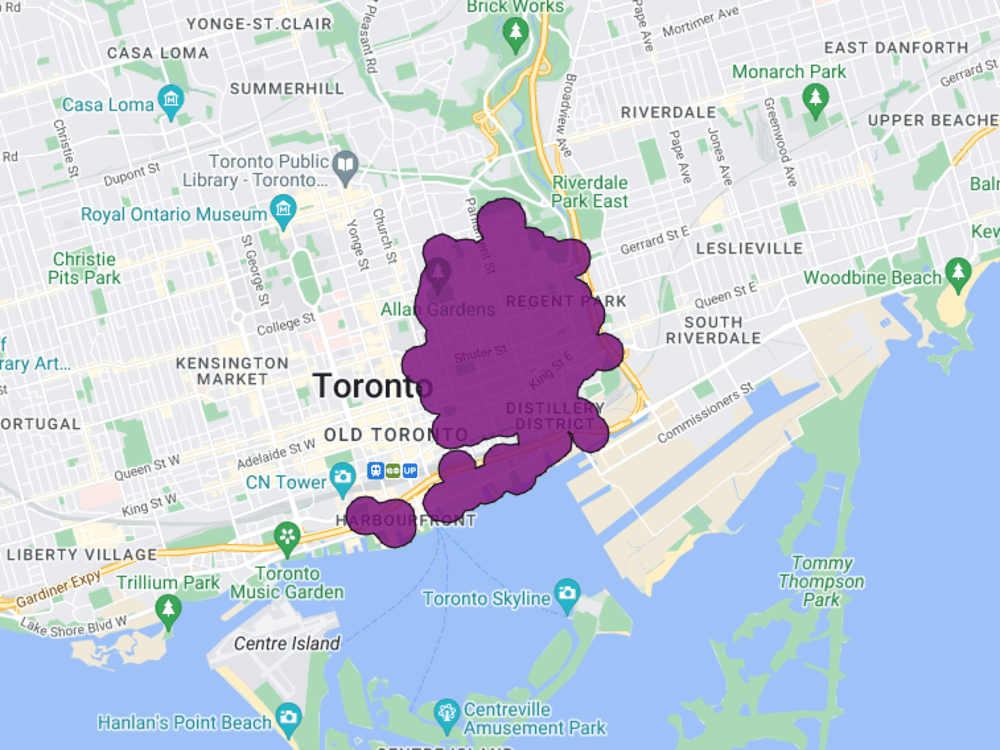
Introduction
Power outages can significantly disrupt daily life, causing inconvenience and safety concerns for residents. A recent power outage in Toronto has drawn attention to the city’s electrical infrastructure and response protocols. As the largest city in Canada, with a diverse population relying on stable power supply for work, education, and healthcare, understanding the causes and implications of these outages is crucial for residents and city planners alike.
The Incident
On October 15, 2023, Toronto experienced a significant power outage affecting over 60,000 homes and businesses, primarily in the downtown area. The outage began around 1:30 PM ET and lasted for approximately three hours, with power restoration completed by 4:30 PM ET. Toronto Hydro, the city’s electricity provider, reported that the outage was due to blown transformers and equipment failure, exacerbated by the severe weather conditions experienced in the preceding days.
Impact on Residents and Businesses
The outage forced many businesses to close early, causing a ripple effect on the economy in the city’s bustling core. Local restaurants faced cancelations, and some shops remained dark, unable to serve their customers. Residents were advised to check on vulnerable neighbors and conserve battery power for essential devices as a precaution.
Moreover, public transportation services were affected, with several streetcars delayed or redirected, causing further inconvenience to commuters. Emergency services reported a slight increase in call volume related to the outage, particularly for individuals in need of medical assistance who relied on electrically powered devices.
Response and Recovery
Toronto Hydro crews worked diligently to restore power, with updates provided via social media and local news outlets. Community centers opened their doors as temporary shelters for those needing a place to stay cool and charged their devices. Authorities urged residents to remain prepared for possible future outages, especially considering the changing climate patterns that may lead to more frequent severe weather.
Conclusion and Future Considerations
The recent power outage in Toronto serves as a reminder of the importance of investing in the city’s infrastructure and addressing climate resiliency. While the immediate impact was manageable, the events stress the need for ongoing upgrades to electrical systems and better emergency preparedness strategies. Moving forward, residents are encouraged to stay informed about their local utilities and to develop personal emergency plans to mitigate the effects of future outages.



